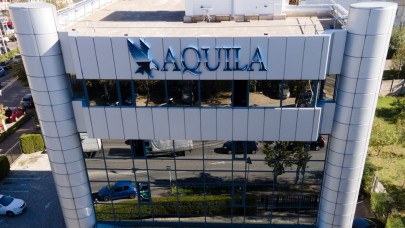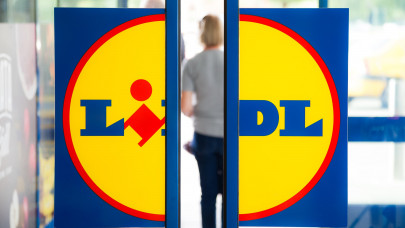Experts report being significantly more likely to avoid accusations of “greenwishing” – where green ambitions don't match up to reality – by actually delivering on their stated climate ambitions. Just 13% of beginners report being “very satisfied” with the progress they have made to date in achieving the climate targets they have set, indicating potential reputational risk, compared to more than half (52%) of “experts” reporting satisfaction with progress on their own ambitions.
The survey further found that experts are much more likely to take concrete action by stepping up their sustainability investments. Nine out of 10 (90%) of these companies report they were planning to increase investments, including close to a third (29%) that plan to “increase a lot.” This compares to just more than half (54%) of “beginners” planning to make increases, with only 9% planning a significant increase.
“Effective board-level sustainability governance is a fundamental prerequisite for an organization to achieve its environmental and social goals and, as the survey reveals, even the long-term financial results. Effective sustainability governance requires the boards to be prepared for the rapidly changing challenges of the outside world, including the growing environmental and social expectations. However, competence in environmental and social matters is not enough. Board diversity in terms of knowledge, experience, interests, and perspective helps the organization “navigate in shifting weather conditions” by identifying and mitigating the risks and leveraging the opportunities”, says Massimo Bettanin, EY Romania Climate Change and Sustainability Services Partner.
While the survey found significant variation between the companies in the way sustainability is handled at the board level, the vast majority of respondents think there is room for improvement, with just 7% reporting that they feel sustainability issues are fully integrated into their board's structures and decision-making processes.
According to the survey, 74% of all respondents say their company should address environmental, social, and governance (ESG) issues, even if doing so reduces short-term financial performance. However, nearly two-thirds of respondents (64%) also reported that short-term earning pressure from investors was impeding their longer-term investments in sustainability. This suggests that despite the clear business benefits of addressing ESG issues, pressure from short-sighted investors remains a serious concern.
Companies are also feeling pressure from their own employees, with more than half (55%) of all respondents saying that their employees do not feel they are moving quickly enough on climate issues.
“It is simpler to focus solely on maximizing profit today than address complex and systemic issues, like climate change or biodiversity loss, whose effects may not clearly affect the quarterly financial results. However, there is growing evidence that long-term thinking creates positive returns. Several noteworthy examples of companies that stopped “doing right” due to the focus on short-term financial results resulted in trust being eroded; this, ultimately, reduced revenues and squeezed the market share. In a very volatile environment, running the business with a long-term perspective helps companies to anticipate the systemic changes and capture the business opportunities that such changes may offer”, says Laura Vrînceanu, EY Romania Climate Change and Sustainability Services Senior Manager.
The report makes a series of recommendations for action that companies can take to improve sustainability governance and move from being “beginners” to “experts”. These include:
Integrating sustainability into strategy and governance structures so that it becomes part of the board and committee “business as usual.” Just 7% of all companies surveyed felt that sustainability was fully integrated into their board structures, with 83% of experts reporting that they are effective at managing the board agenda to help ensure long-term ESG risks and opportunities are always discussed, compared to just more than half (52%) of beginners.
Looking for creative ways to bring additional diverse skills and experience into the board's decision-making, e.g., shadow boards, advisory boards, expert advisors, accessing more of management, and refreshing board composition. Of the companies surveyed, 86% of experts say they felt effective when it comes to increasing boardroom diversity and ensuring new voices are given equitable speaking time to provide fresh perspectives on ESG topics, compared to just 36% of beginners.
Designing executive compensation policy based on ESG-based KPI targets that are aligned with the organization's business strategy, including material sustainability objectives. Less than half (47%) of organizations surveyed made sustainability a significant element of remuneration, with experts much more likely to include ESG metrics as a significant element when setting the compensation of senior executives (61%, as opposed to 29% in the case of beginners).














